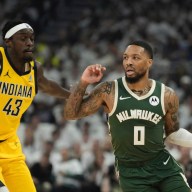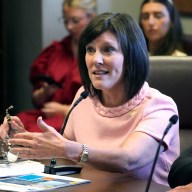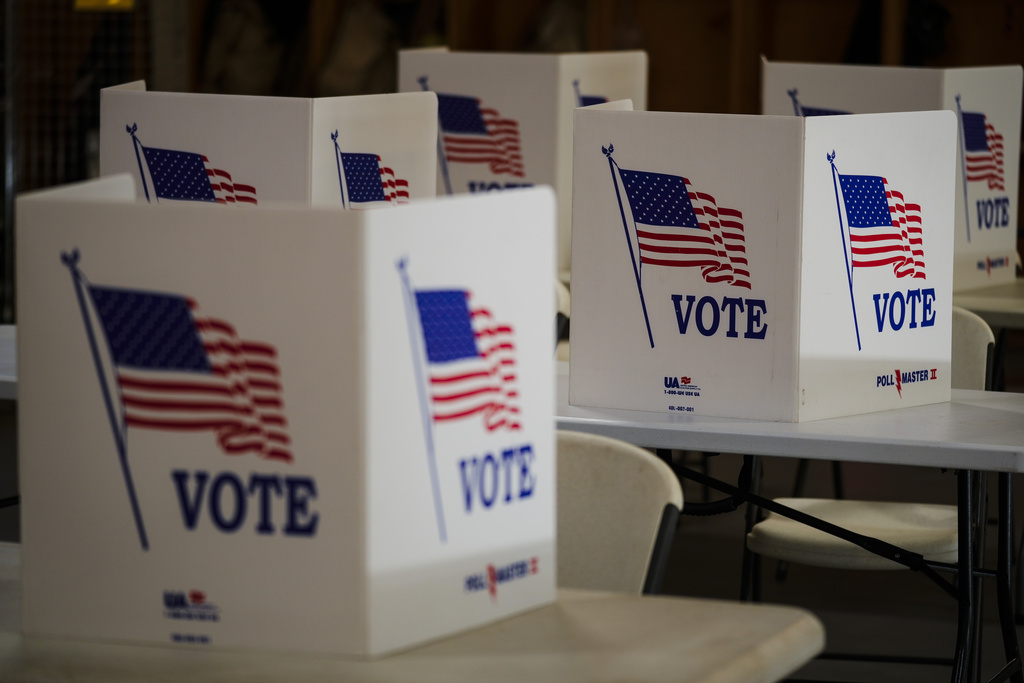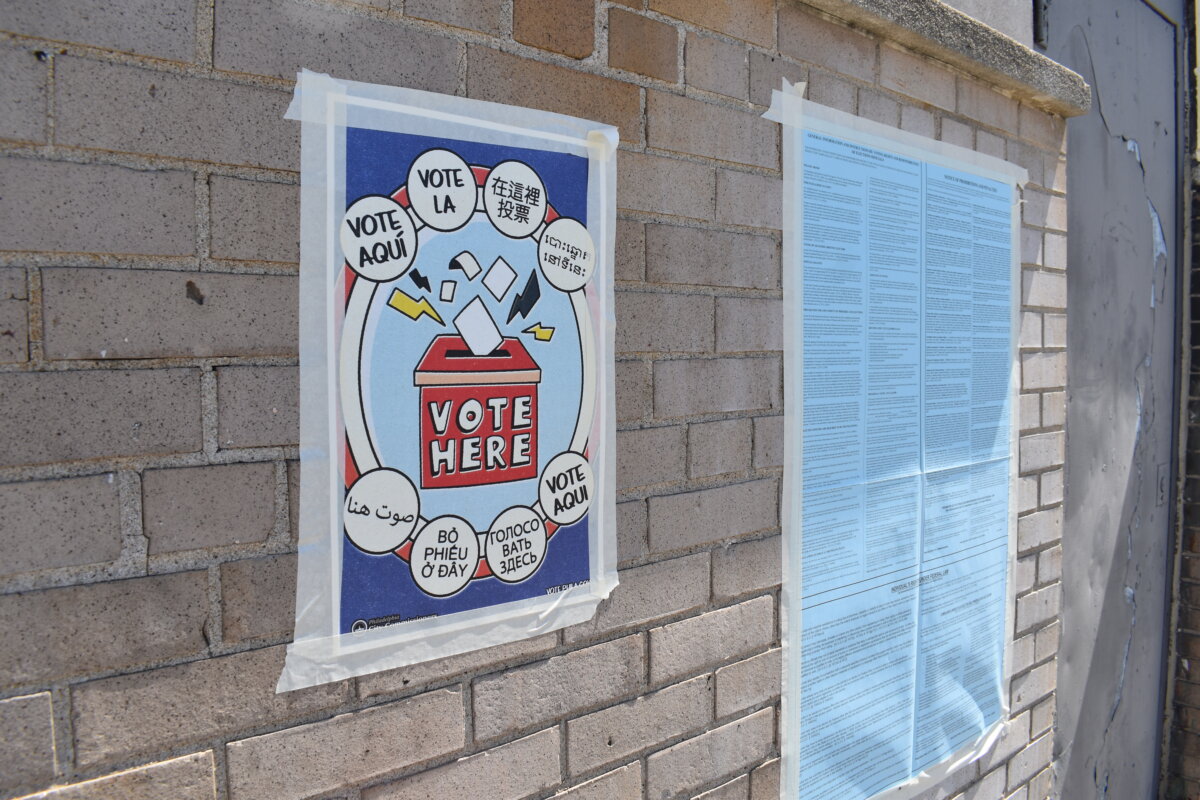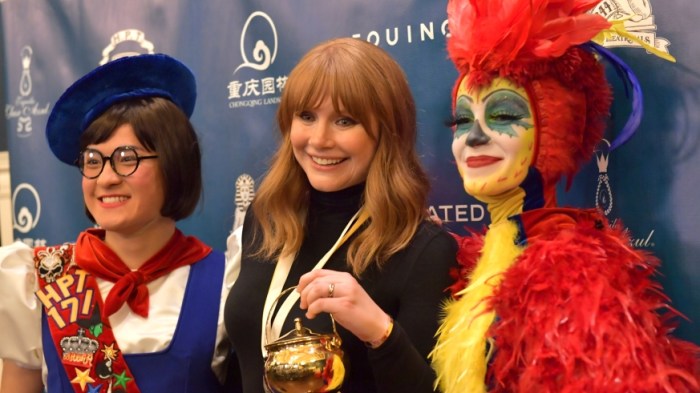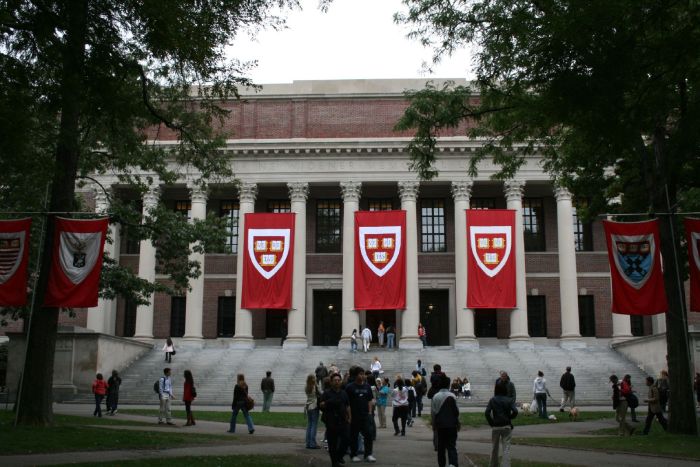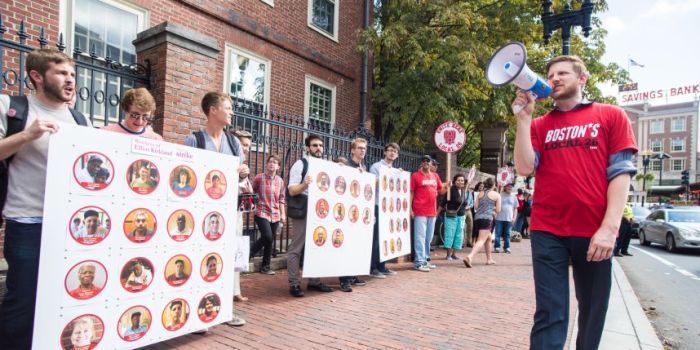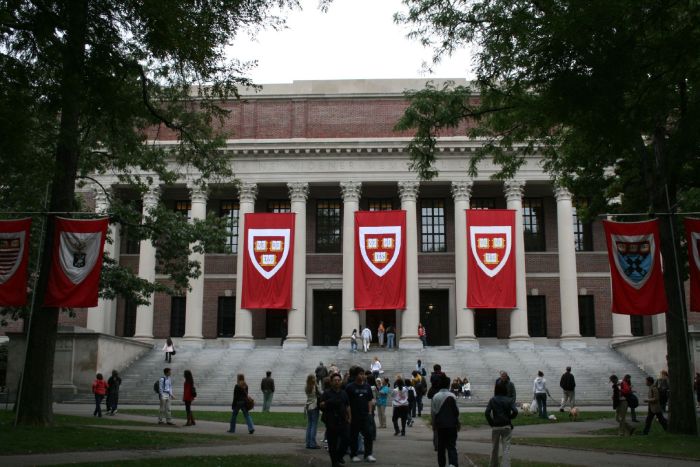Harvard’s predominantly all-male social clubs have been a point of contention in the college’s past, and now a faculty committee has proposed that the college forbid all fraternities, sororities and single-gender clubs starting in fall 2018.
The recommendation was outlined in a 22-page report released Wednesday and uploaded by the Harvard Crimson. The aim is to completely phase out “unrecognized single-gender social organizations,” referred to as USGSOs, by May 2022.
The committee was created in March to look at Harvard’s rules around these groups, which are not formally sanctioned by the school, and suggest improvements, as the clubs have been reportedly linked to issues of sexual assault and alcohol abuse.
“Time after time, the social organizations have demonstrated behavior inconsistent with an inclusive campus culture, a disregard for the personhood and safety of fellow students, and an unwillingness to change — even as new students join them over generations,” the report reads.
The committee hopes to address “the pernicious influence of these organizations” on campus life, for those who are both in or not connected to these groups.
The news comes after one of the groups, also known as “final clubs,” recently rescinded the memberships of nine women — the first and only women allowed in that club.
Harvard officials have sought to crack down on final clubs for years. Many of the clubs date back to the 1800s or earlier and have an impressive alumni list; Theodore Roosevelt was a member of one called the Porcellian Club.
The committee is arguing that the clubs were a “product of their time” but should have adapted as the years went on.
“Due to their resistance to change over the decades, they have lapsed into products behind their time. Despite repeated attempts to encourage them to reform, there seems to be no simple solution that will bring them into greater accord with the forward-looking aspirations of the University,” the report reads.
But not all committee members agree with the recommendation. In an appendix to the report, Professor David Haig said the report will serve to escalate the conflict between these groups and the school. There’s not yet enough information about how students actually feel about the group, he writes.
“There is no doubt that some students, faculty and deans find the clubs deeply offensive but well-informed social policy requires knowledge of the full-range of student opinions,” he said. “Harvard College can do better in reasoning with data.”
The report will be presented to faculty for feedback and eventually will be presented to Harvard University President Drew Faust.


